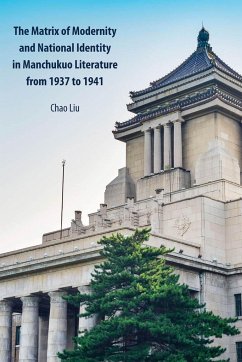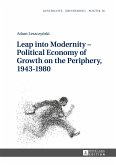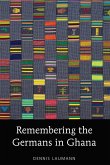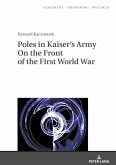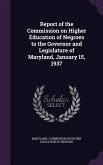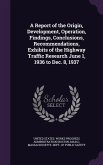This is the first work in English to explore Manchukuo literature in its entirety. It provides comprehensive, in-depth, and thought-provoking research by placing the literary history of Manchukuo from 1937 to 1941 in specific cultural lineages and socio-political contexts and focusing on four major literary groups of that period-the Manshu r manha, the Sakubun writers, the Yiwenzhi intellectuals, and the Wenxuan School-to illuminate its underlying intellectual dynamics. As it turns out, Manchukuo literature notably featured multiplicity, ambiguity, and self-reflexivity, which enabled it to transcend the dichotomy of romanticism and realism and that of the colonizers and the colonized. Not unlike a coordinate system, it took modernity and national identity as its horizontal and vertical axes. The Manshu r manha and the Sakubun writers respectively adopted an anti-modern or a modernist perspective and unanimously headed towards the intellectual stance of denying their own national identity and merging into the indigenous society of the colony; in comparison, Manchurian intellectuals, as epitomized by the Yiwenzhi School and the Wenxuan School, started from the same purpose of promoting national consciousness, but at last embarked on a bifurcated path to either modernization or cultural regression. Moreover, although the literary writings of these four groups differed much from each other in topics, stylistic features, and narrative modes, they all showed a deep concern for the sufferings of the Manchurian people brought by colonialism, coincidentally directed their criticism or sarcasm against the colonial rule, and thereupon endowed Manchukuo literature with a keynote of darkness.
"The Matrix of Modernity and National Identity in Manchukuo Literature from 1937 to 1941 is a bold and ambitious work that sheds light on one of the most controversial literary legacies of the twentieth century-Chinese and Japanese fiction produced in Japan's puppet state of Manchukuo, today's Northeast China. Chao Liu breaks free from long dominant narratives of collaboration and resistance to illuminate in new ways a literary landscape that entertained, inspired, and educated readers during the first half of China's War of Resistance Against Japan. This volume sets a new precedent for challenging interpretations of a most contentious history, both in its theoretical approach as well as its impressive breadth of research."-Norman Smith, Professor of History at the University of Guelph; Author of Resisting Manchukuo and Intoxicating Manchuria
"The Matrix of Modernity and National Identity in Manchukuo Literature from 1937 to 1941 is a bold and ambitious work that sheds light on one of the most controversial literary legacies of the twentieth century-Chinese and Japanese fiction produced in Japan's puppet state of Manchukuo, today's Northeast China. Chao Liu breaks free from long dominant narratives of collaboration and resistance to illuminate in new ways a literary landscape that entertained, inspired, and educated readers during the first half of China's War of Resistance Against Japan. This volume sets a new precedent for challenging interpretations of a most contentious history, both in its theoretical approach as well as its impressive breadth of research."-Norman Smith, Professor of History at the University of Guelph; Author of Resisting Manchukuo and Intoxicating Manchuria

